|
New
Releases |
February 13, 2026
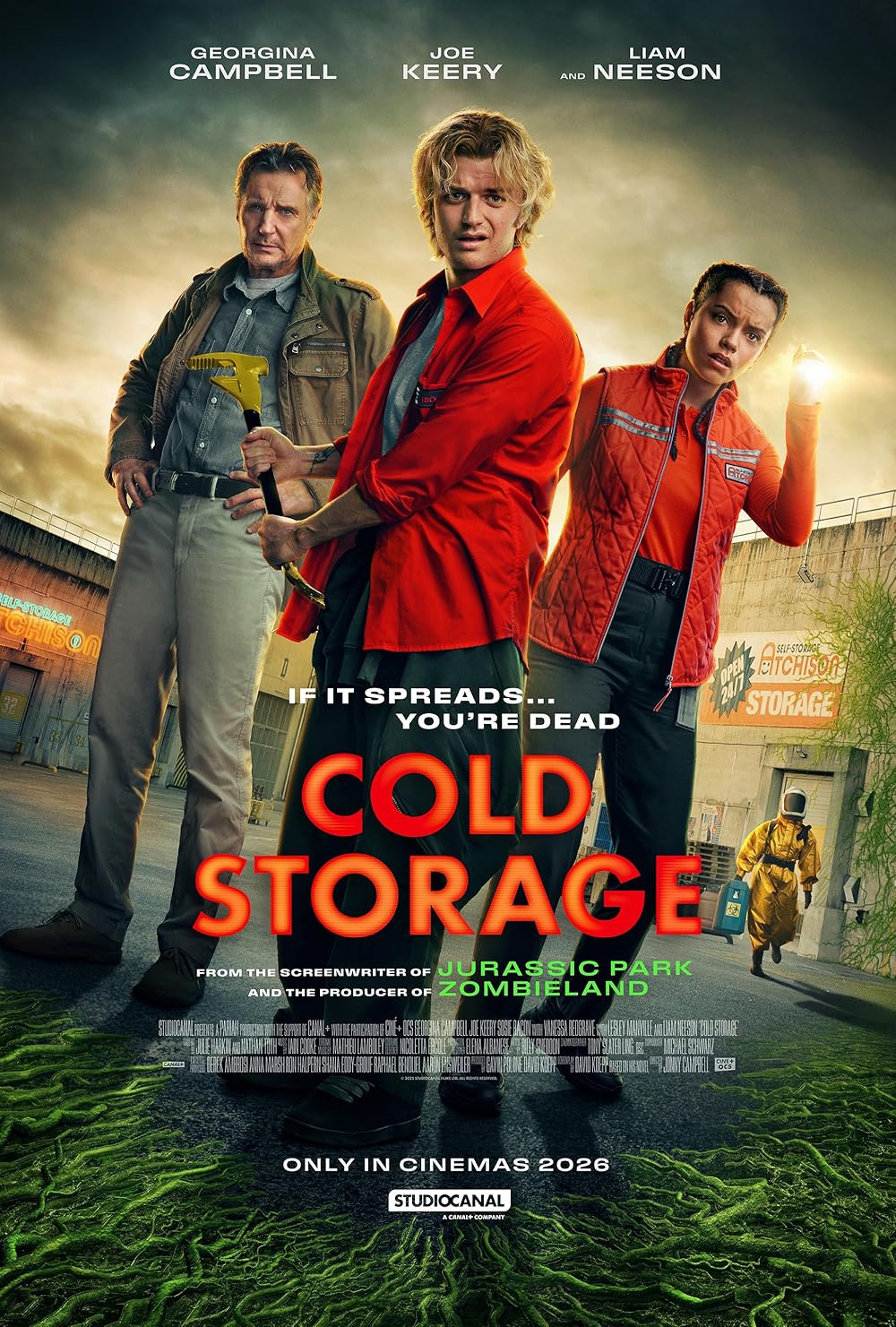
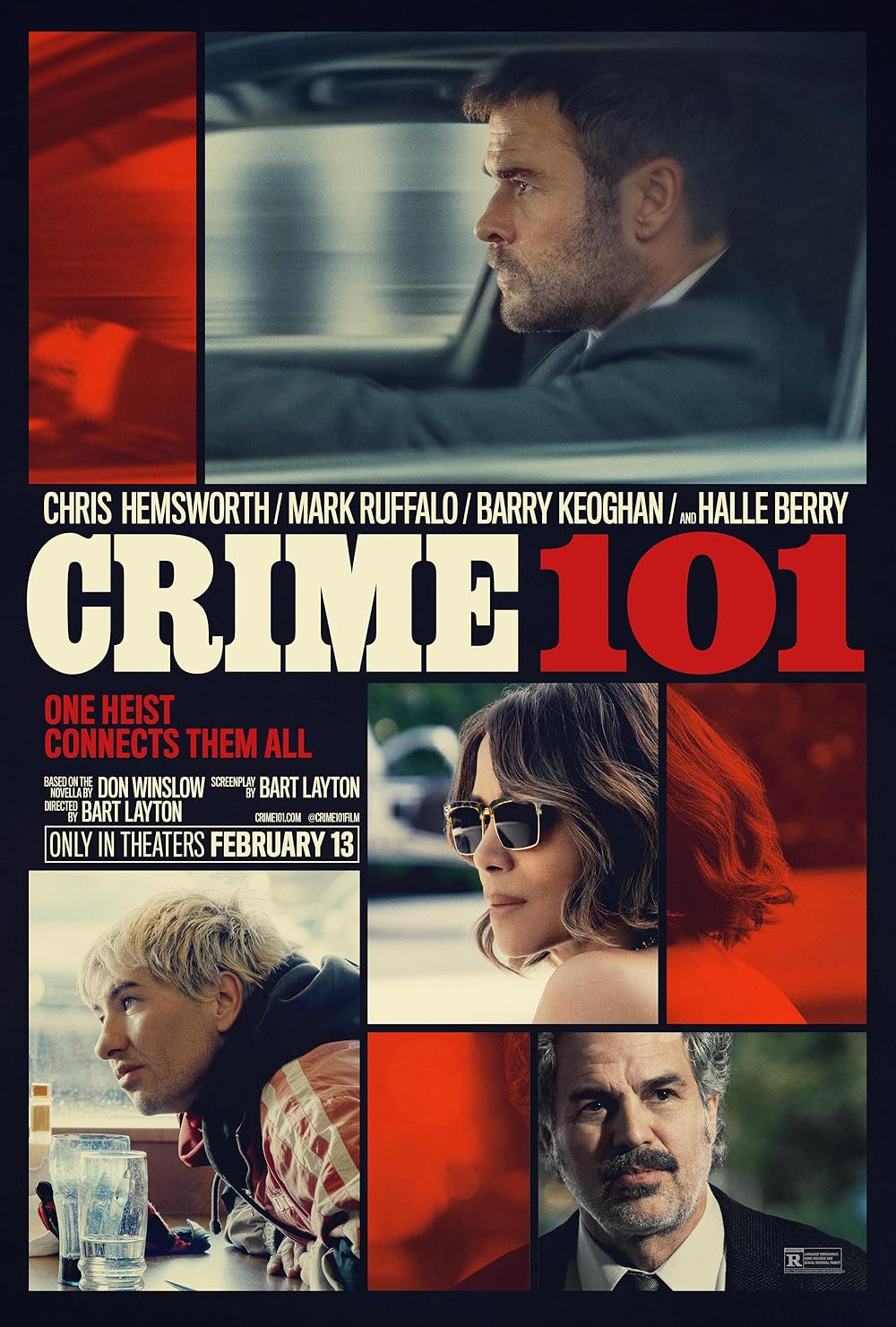
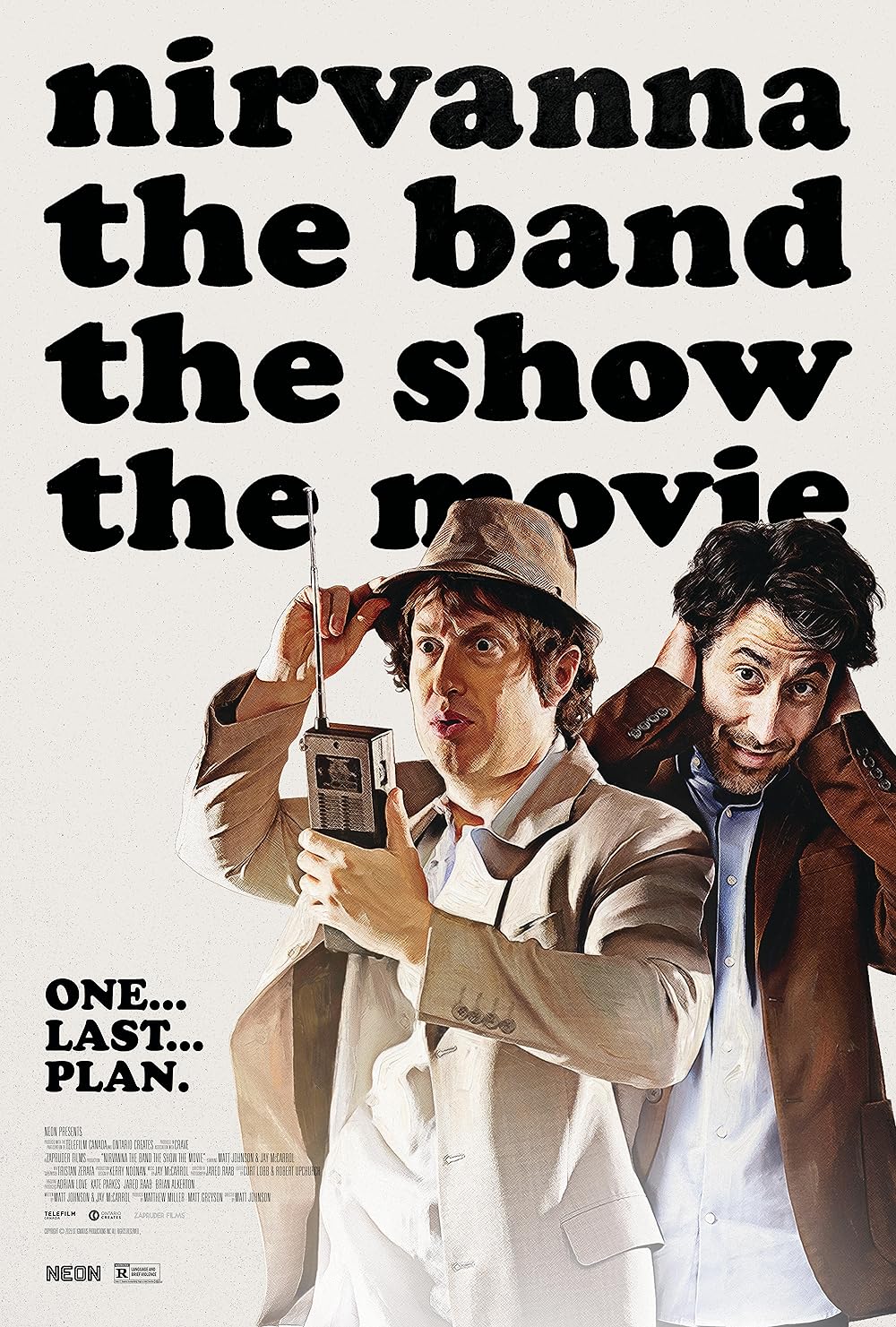
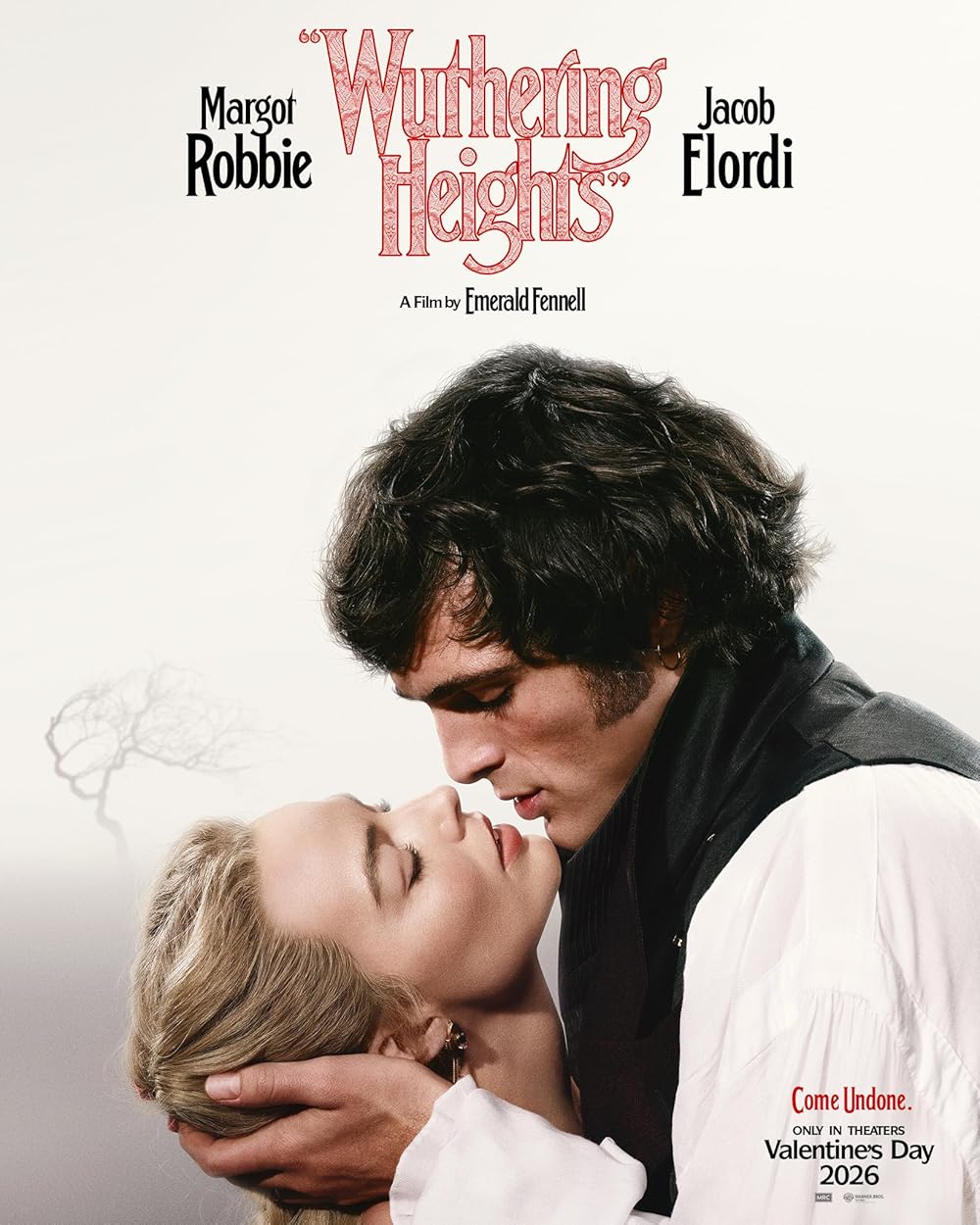 |
January 30, 2026
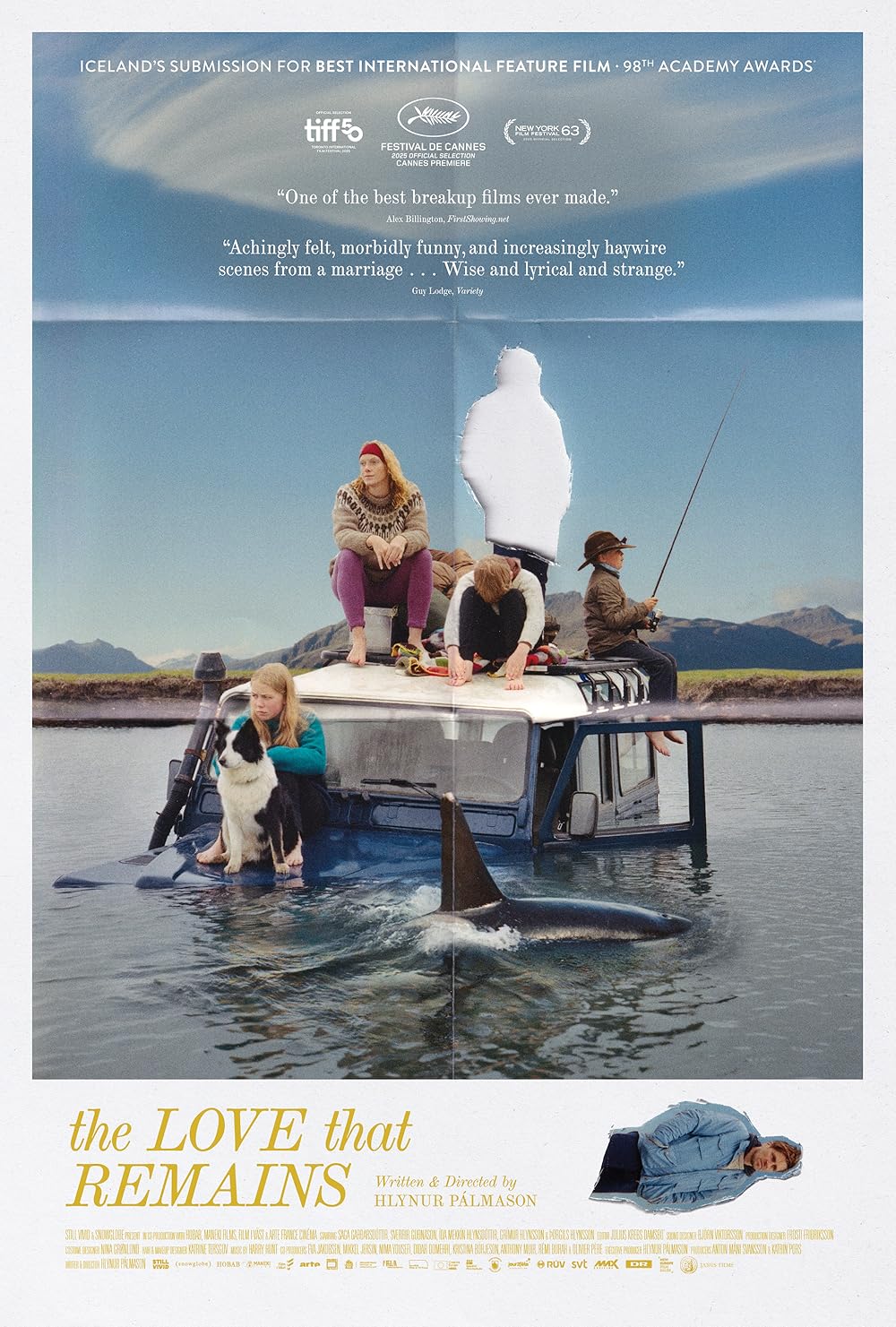

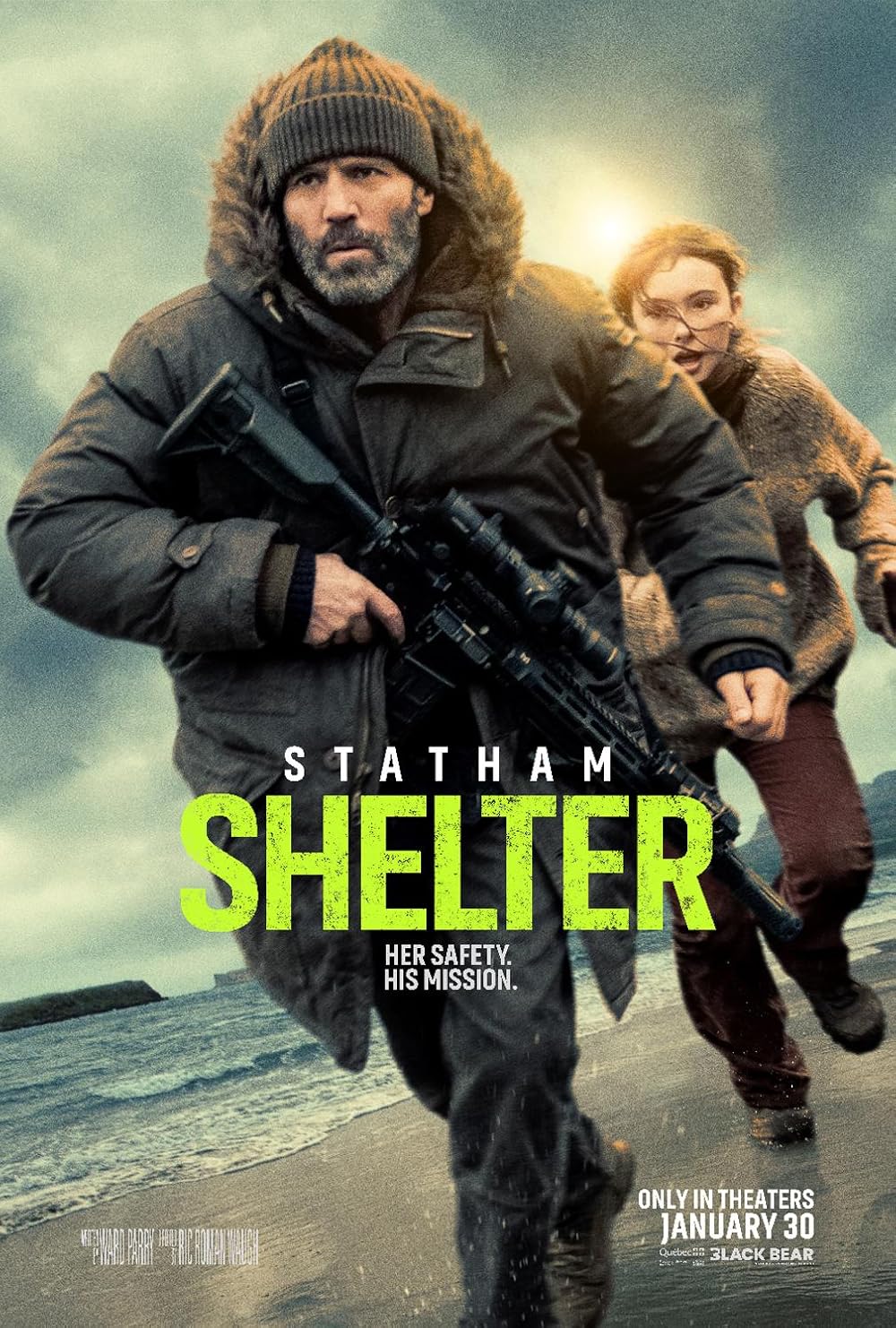
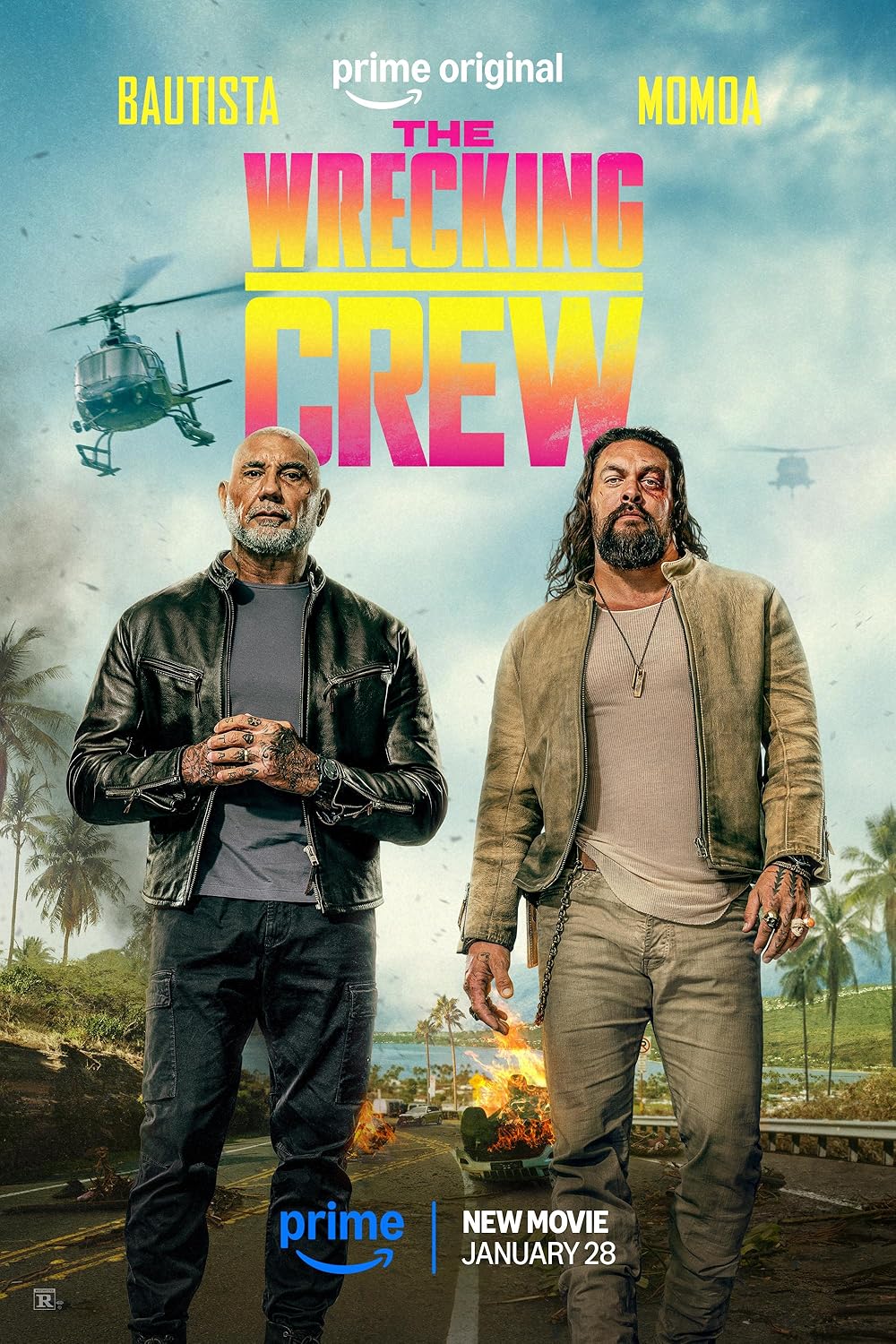 |
January 16, 2026
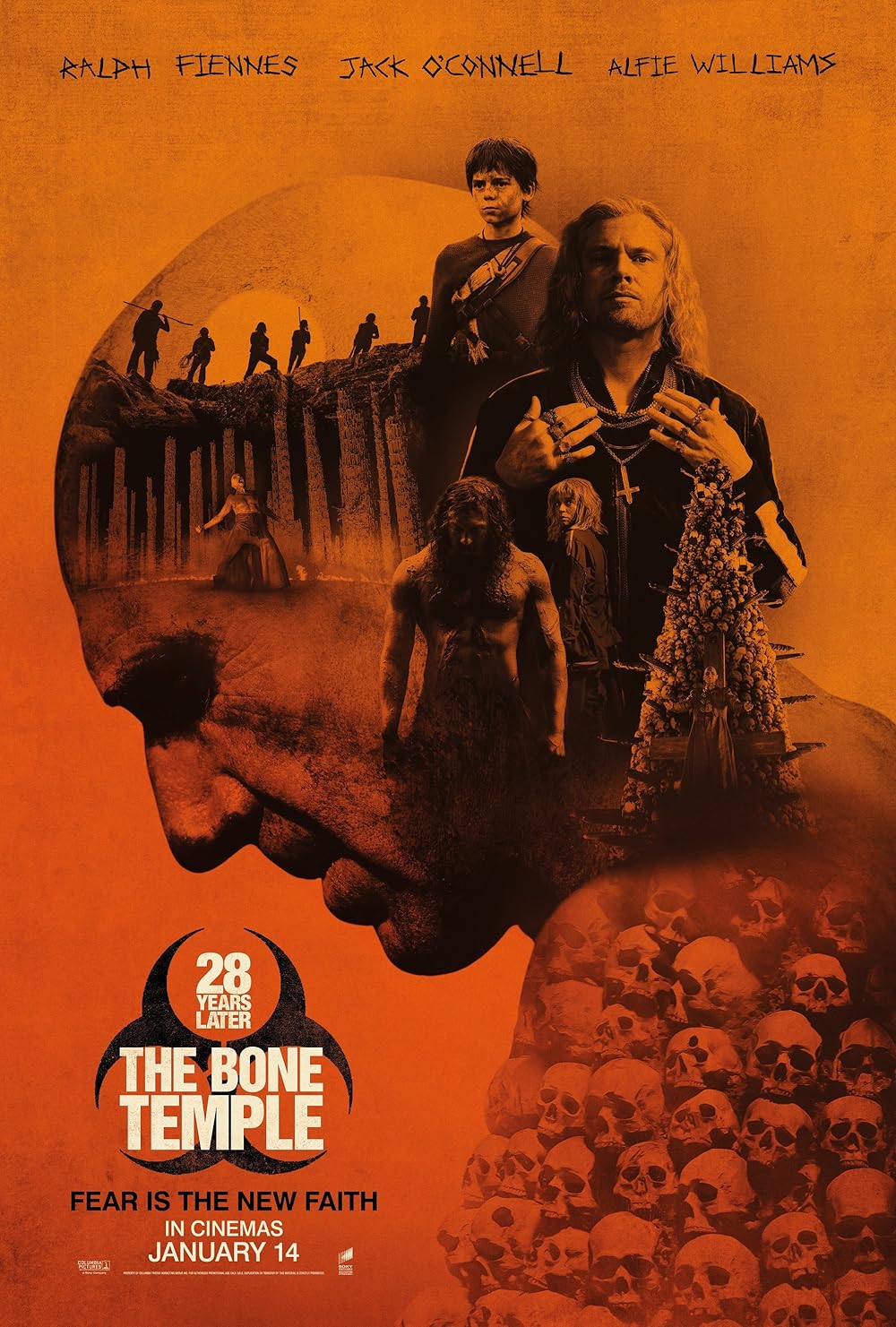
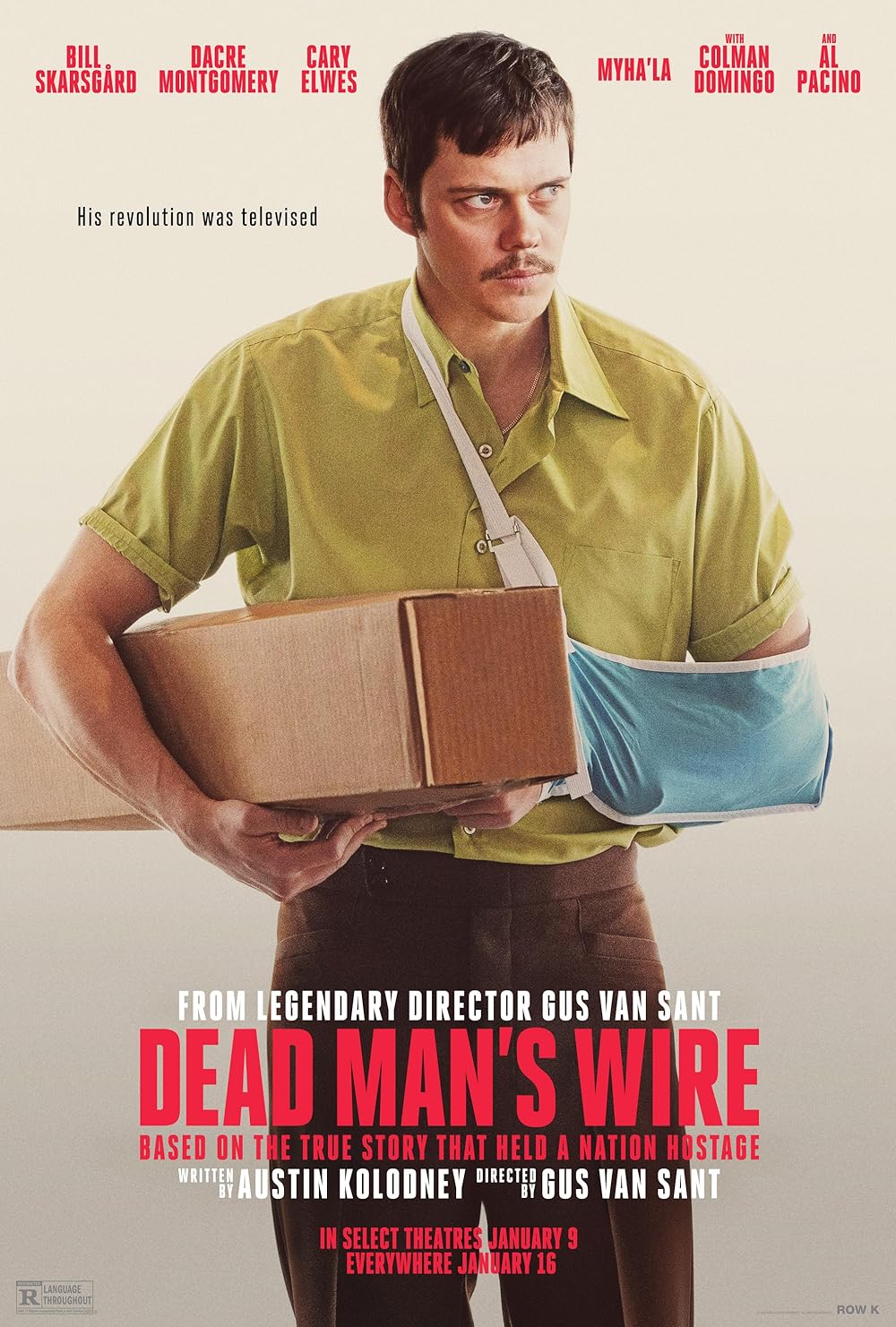

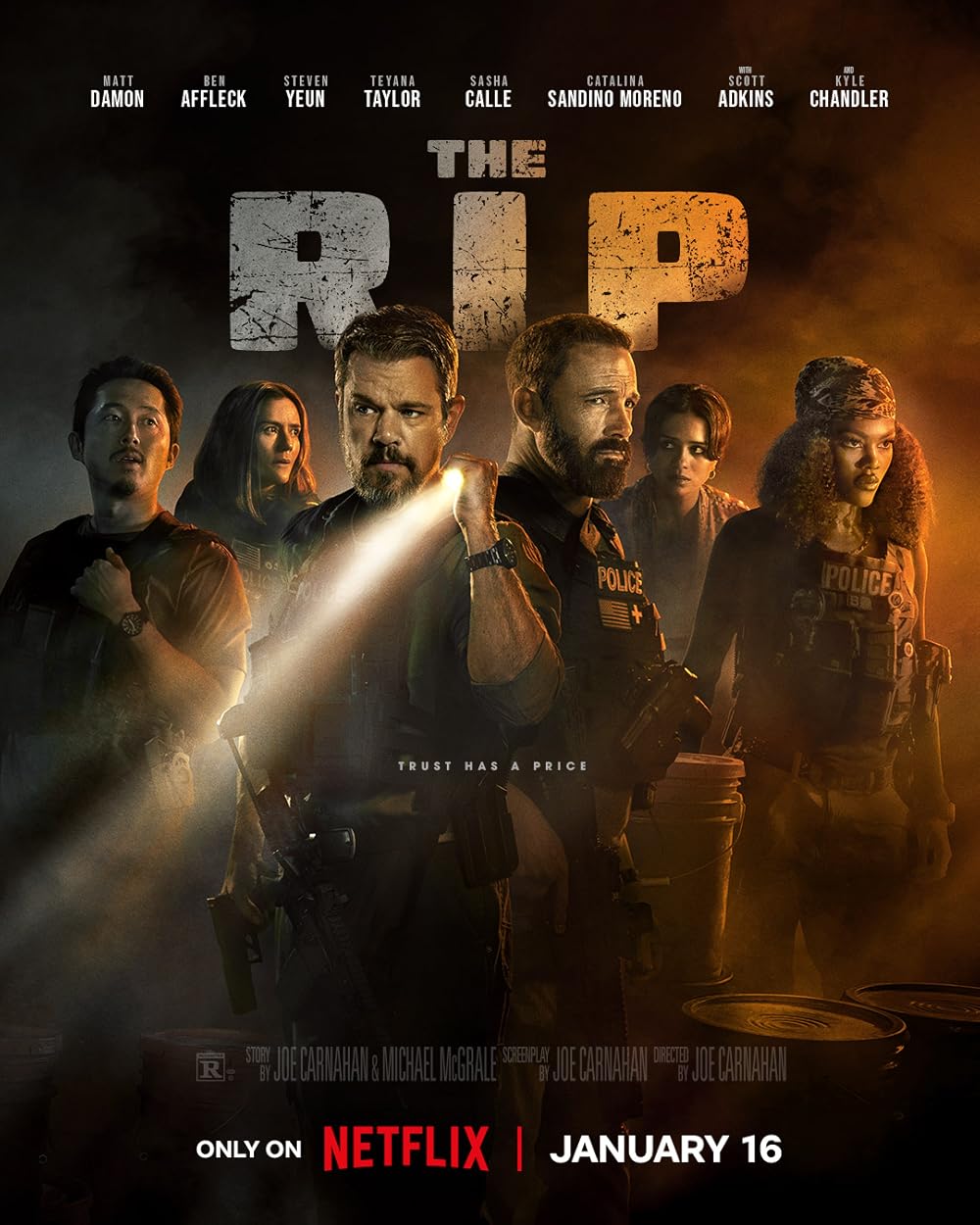 |
January 9, 2026
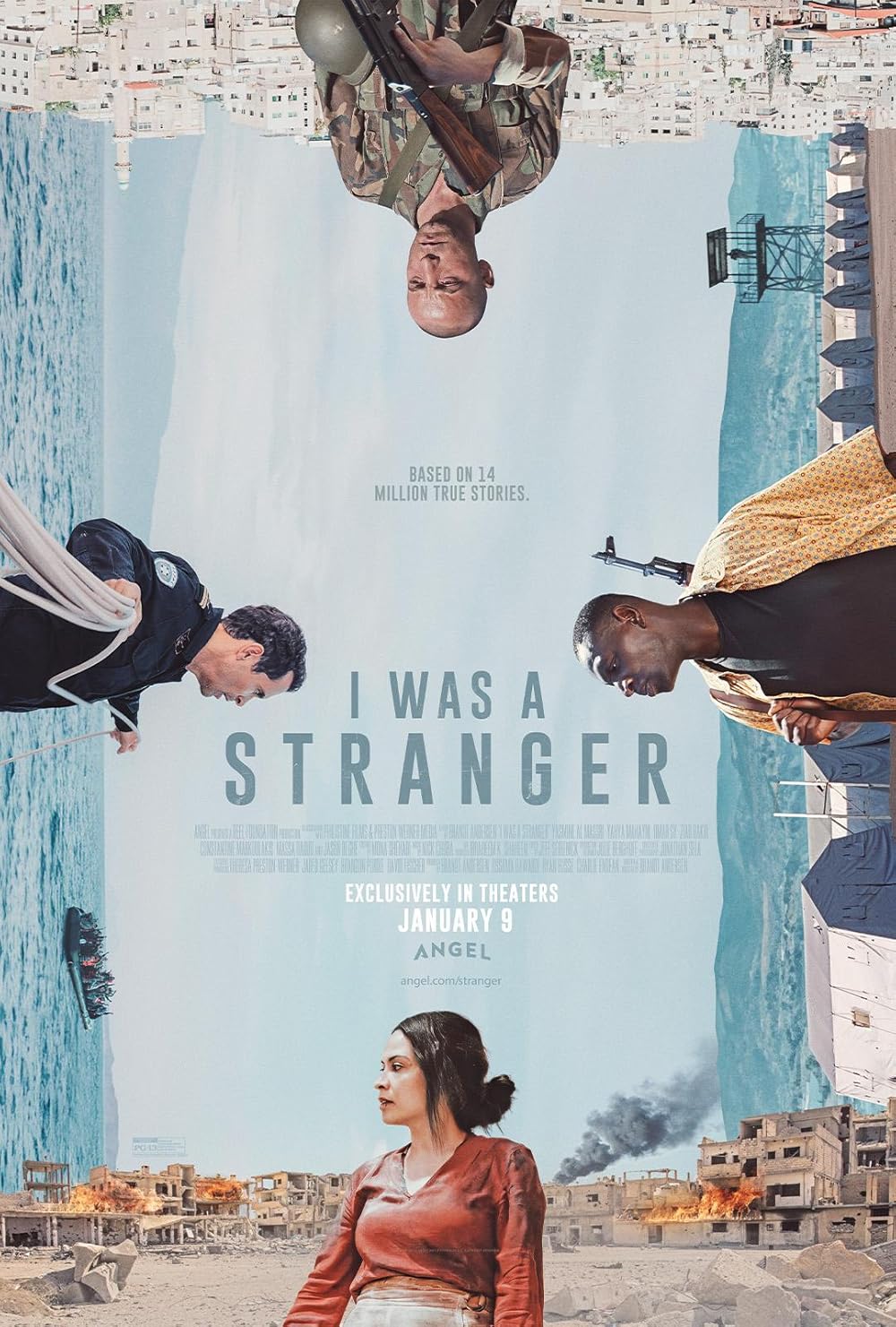
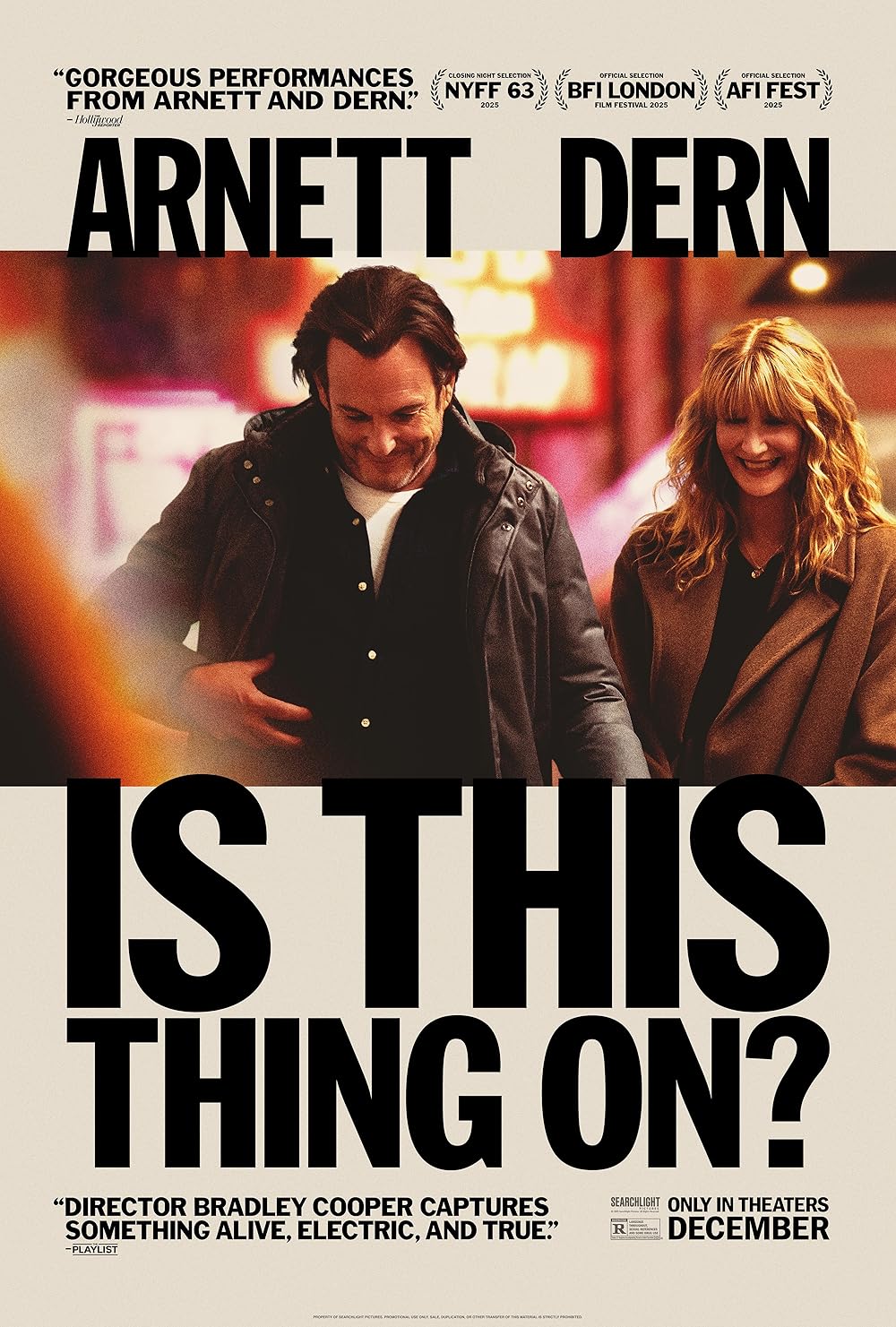 |
January 2, 2026
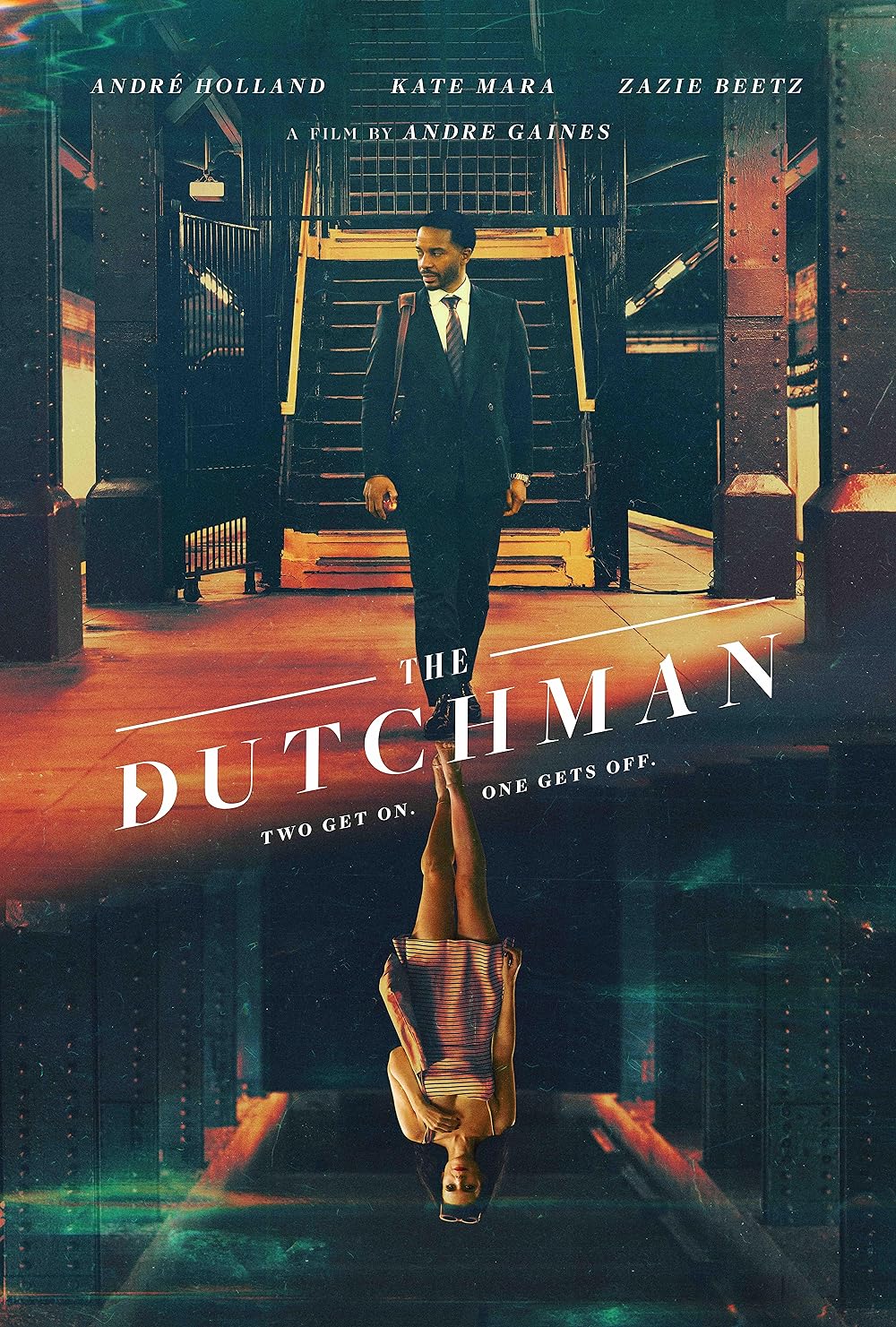
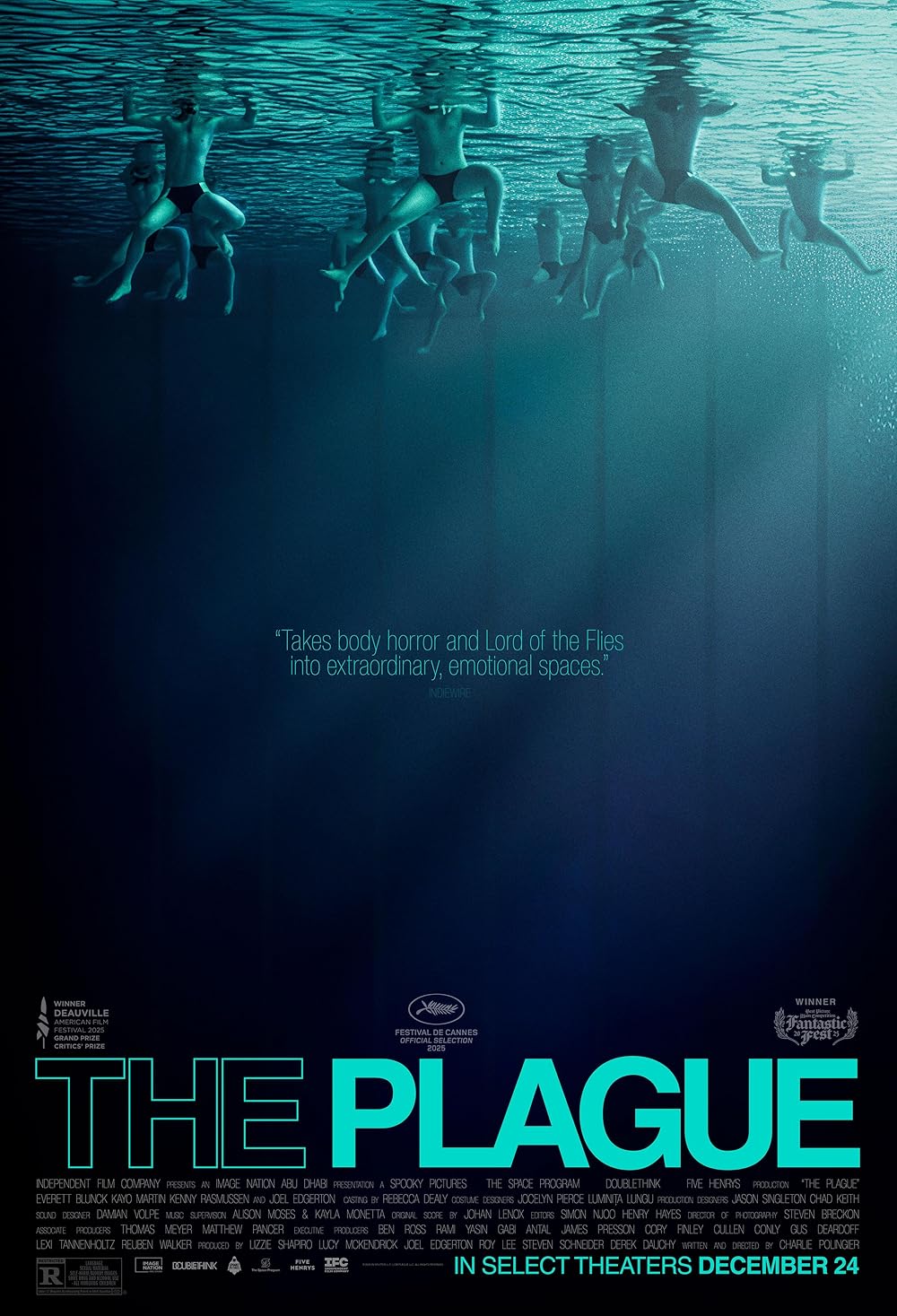
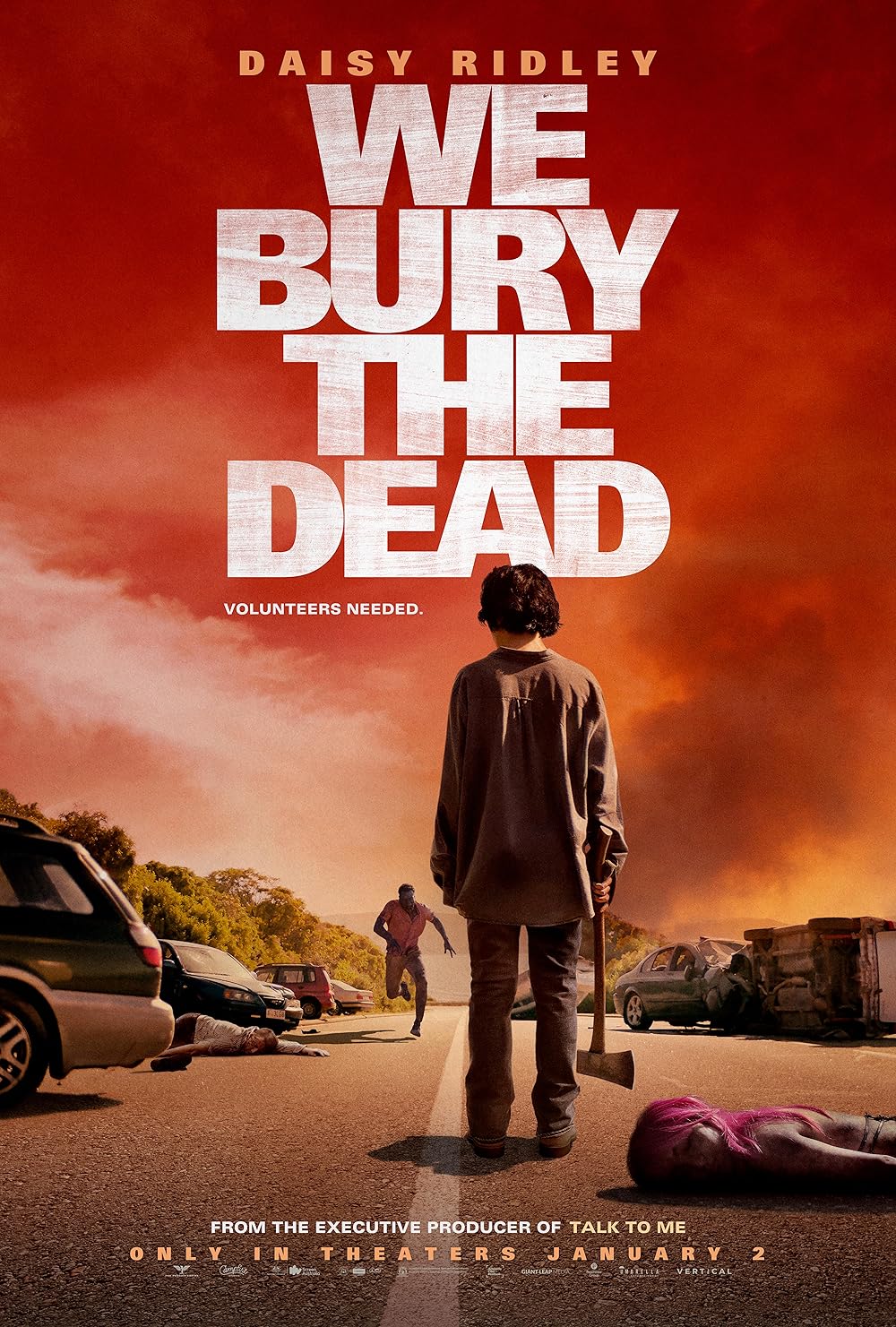 |
December 26, 2025

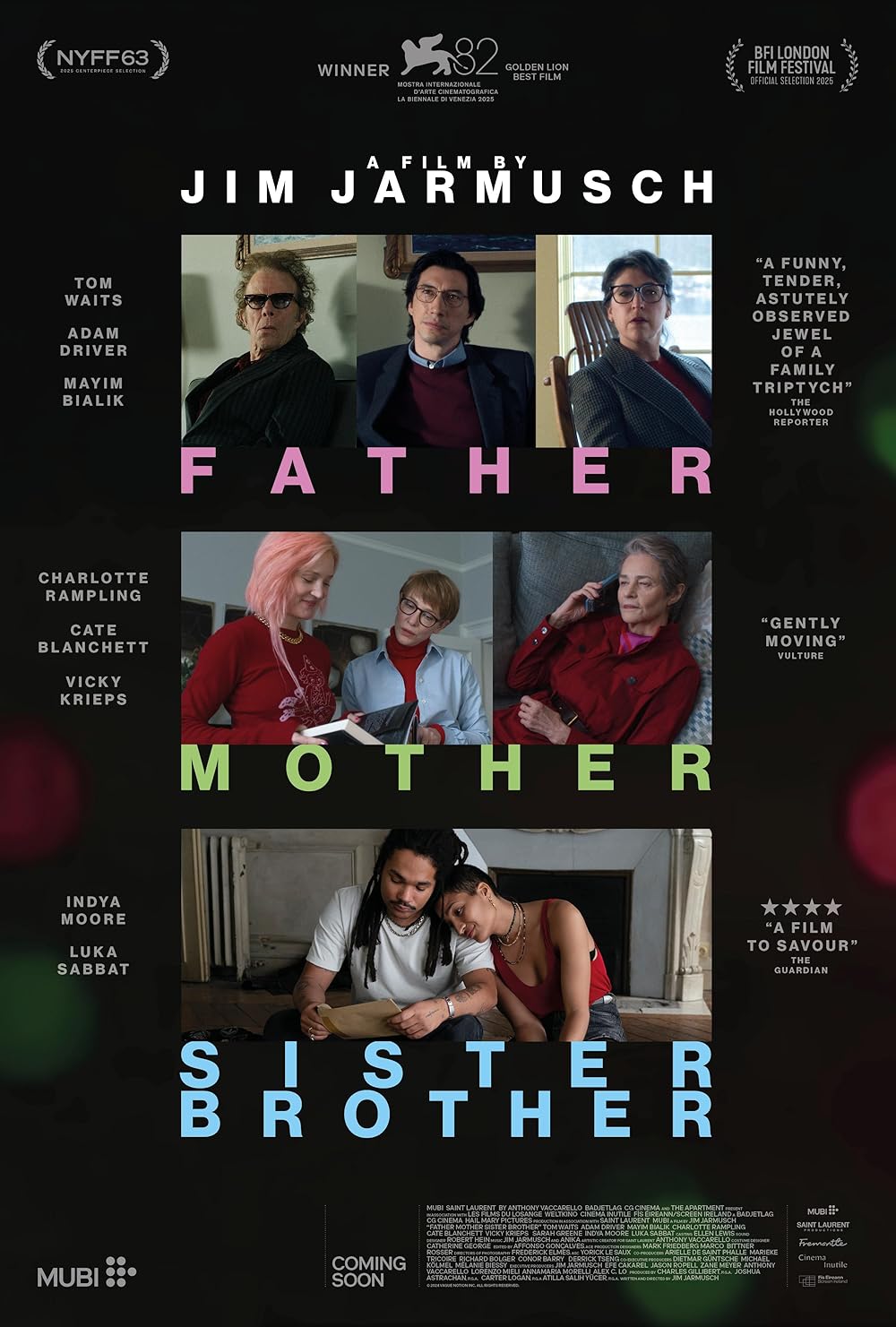
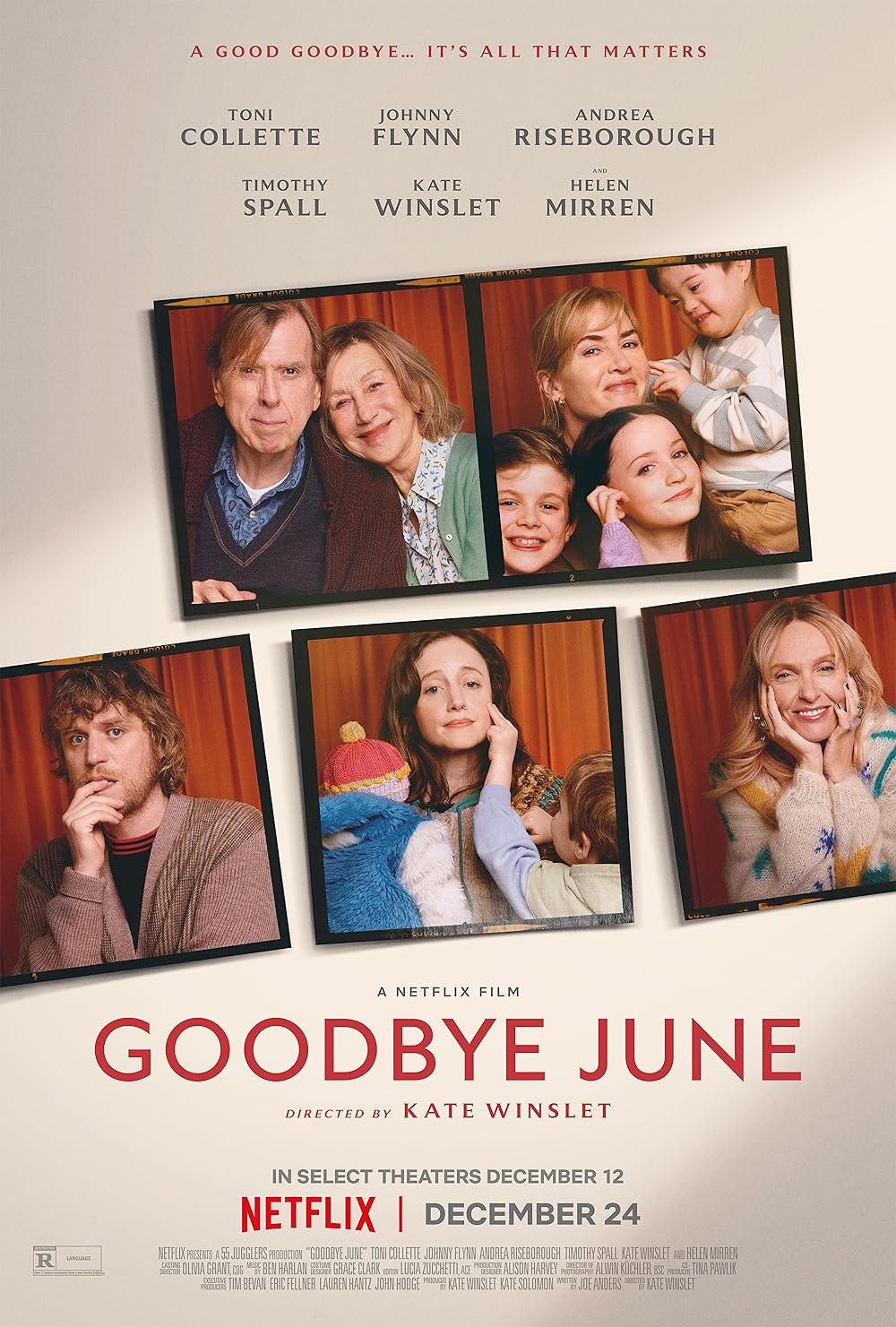
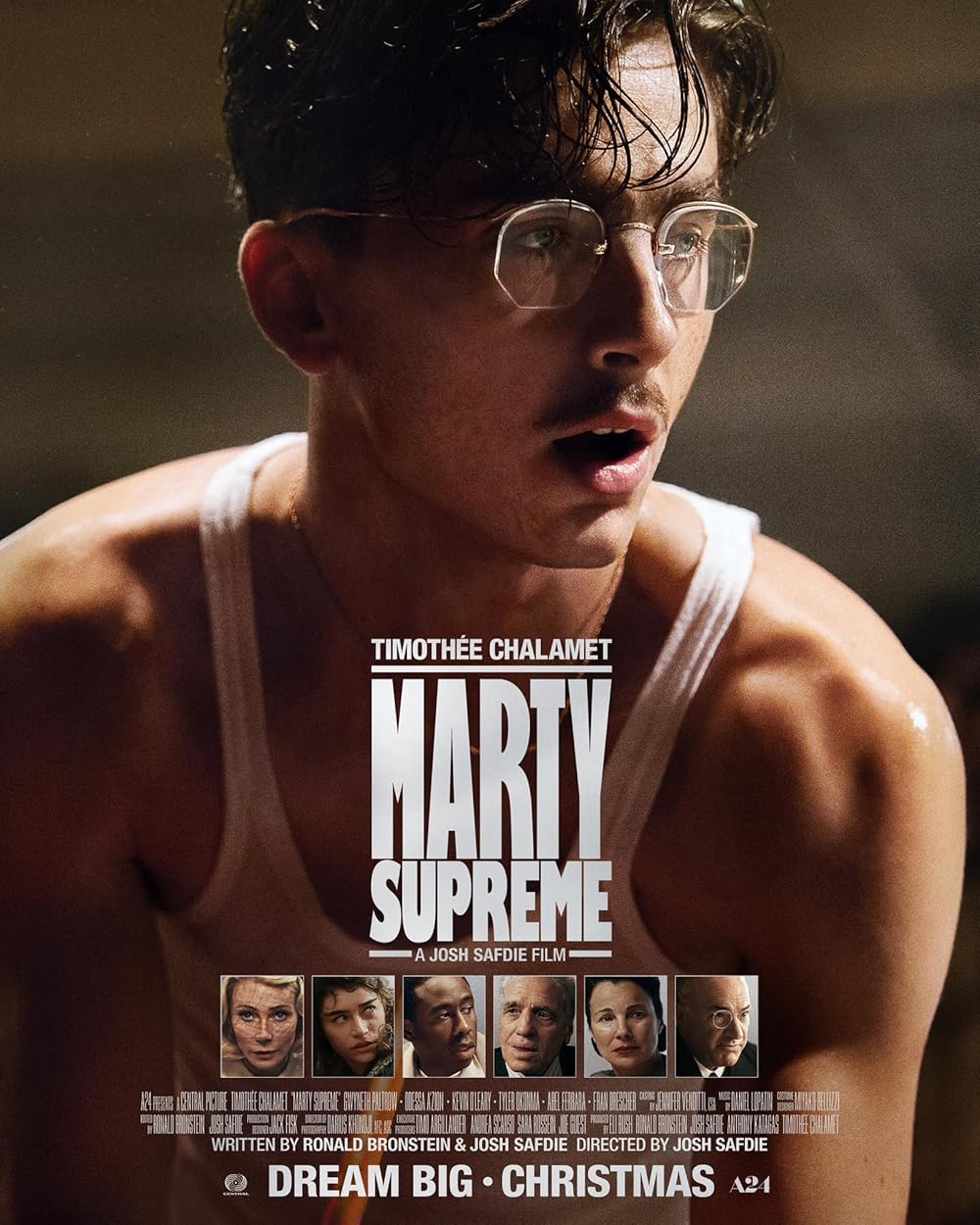
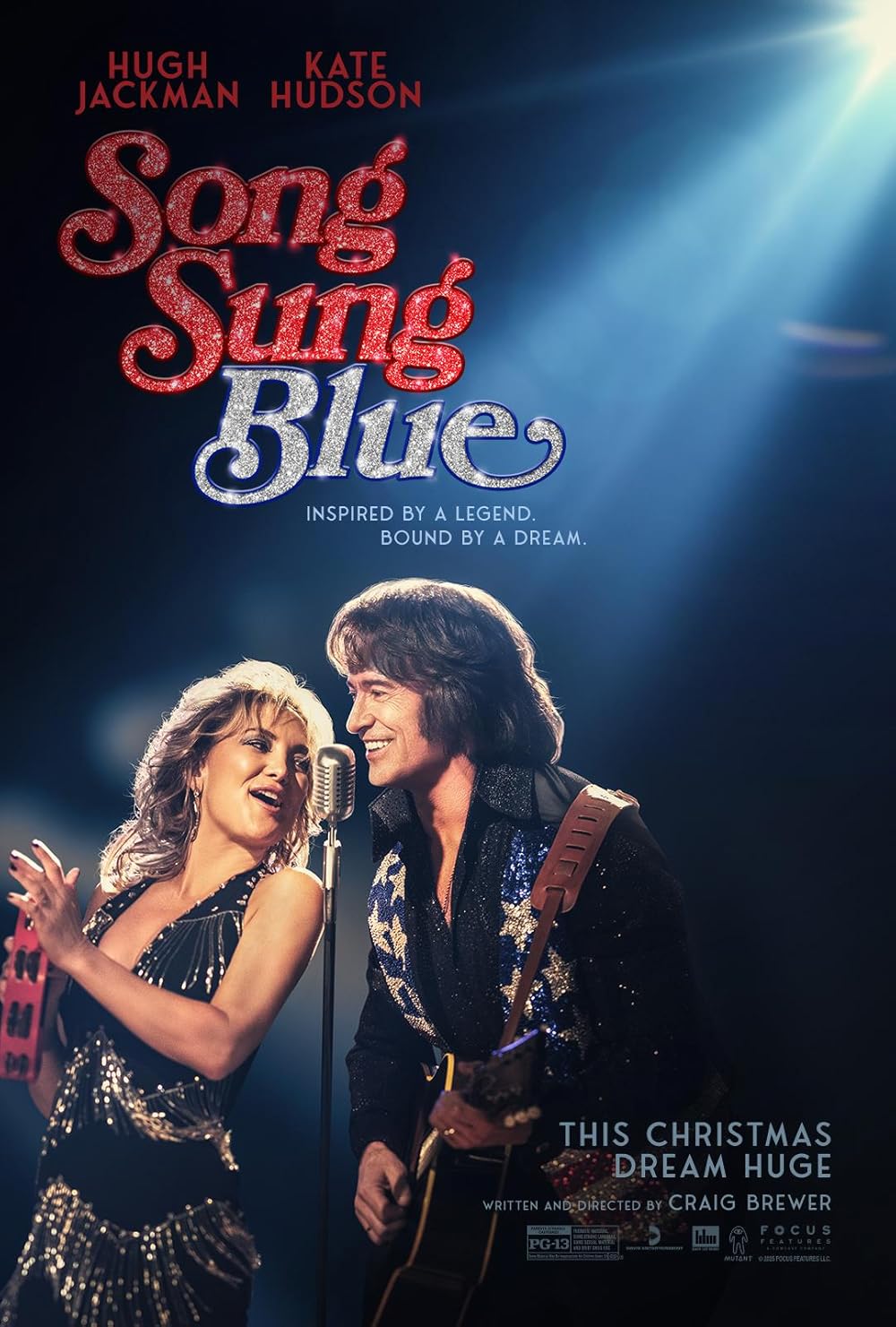
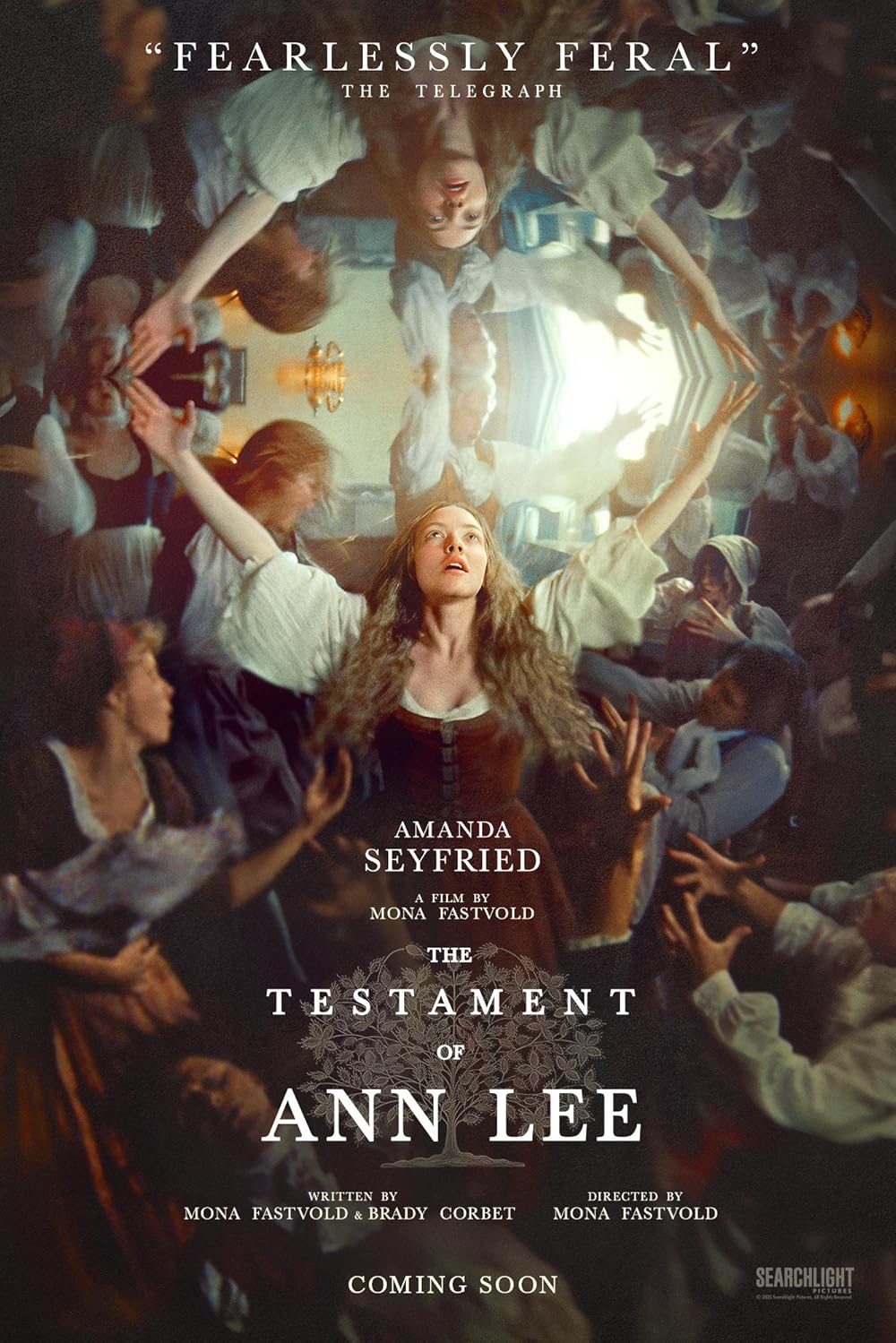 |
December 19, 2025
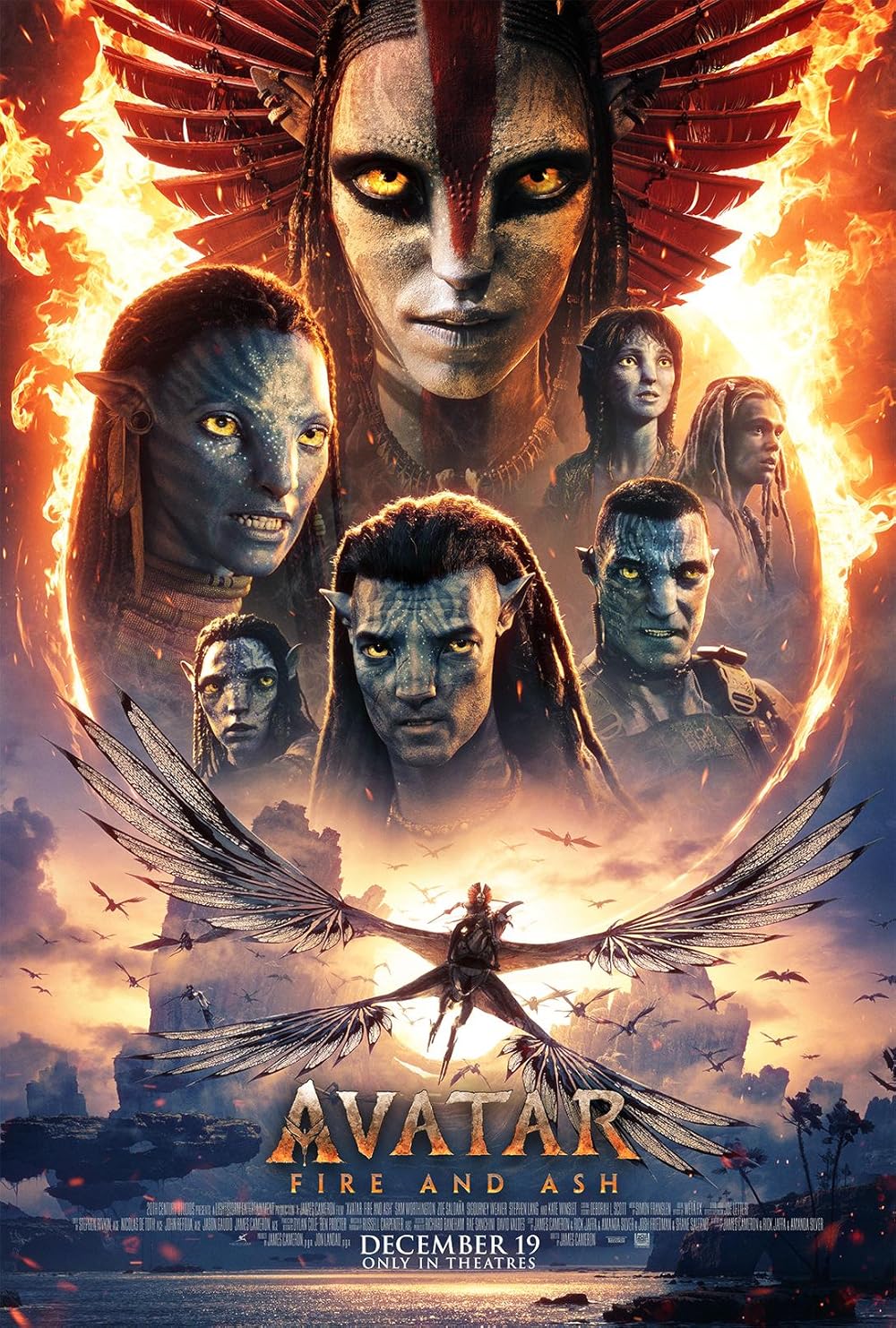

 |
|
|
|
Milk
(2008)
Directed by
Gus Van Sant

Review by
Todd Plucknett
Gus Van Sant’s new film
Milk is an inspiring and
completely fantastic biopic. It is totally different than anything Van
Sant has done in his career, and there are very few things that even
suggest that it is the same director that directed what he has done
recently, like this year’s
Paranoid Park for example. Van Sant somewhat redefines who he is as
a director, and he once again shows that he is one of the finest
filmmakers working today.
Milk is
the story of the last 8 years of the life of Harvey Milk (Oscar-winner
Sean Penn), the 1970s gay rights activist in San Francisco. The film
starts out with Milk in a New York subway looking for someone to spend
his 40th
birthday with. He runs across a handsome young man
named Scott (James Franco), and they have a very sweet fling, which
includes eating cake and talking about life in bed. Milk explains that
he has not done anything in the first 40 years of his life that he is
proud of. The two stay together, and they move to San Francisco in 1972.
They pull together enough money to open a camera store on Castro Street.
The street soon became a sort of gathering area for homosexuals,
including Cleve Jones (Emile Hirsch), who became one of Milk’s closest
advisors. Milk was so frustrated with the fact that all the bigger
business owners and even the police looked down so furiously on gay
people. He decided that he would run for the office of Supervisor. After
several failed attempts, he finally got elected, and he took on the
highly important Proposition 6, which would give schools the right to
fire gay teachers. Milk became the first openly gay man elected to major
office, and he became known as the “Mayor of Castro Street��.
The story of Milk became a national phenomenon. He
encouraged every gay person to come out and support his cause. “My name
is Harvey Milk, and I want to recruit you.” This became his token phase
to begin every rally. He also developed an interesting relationship with
a fellow Supervisor named Dan White (Josh Brolin), who became frustrated
with Milk and eventually gave up his office. Everything that Milk had
fought for was finally showing signs of becoming reality, but the road
was not easy. His lover Scott left him after too many failed campaigns,
and there were several semi-riots and contacts from other men around the
country that began to wear on him. He wanted so much to help everyone,
convince everyone to vote, and for them to be confident and come out,
but his opposition always kept his influence in check. His eventual
assassination became an event that most likely inspired just about as
many people as did his tenure in office.
This film belongs to Sean Penn. His performance is
among the best I have seen in the past few years. He becomes Harvey
Milk, and the sorrow he displays and the passion that he has for the
material helps form one of the most unique and inspirational heroes in
film. His chemistry with James Franco is excellent, who also gives a
very subtle and commendable performance. Emile Hirsch was awesome in his
role. I can’t wait to see what he does next. Alison Pill is good as the
eventual advisor to Milk’s campaign. Diego Luna gives a delightful and
crazy performance as Jack, one of Milk’s lovers. Josh Brolin gives the
best supporting performance in the film, though. His role was so
difficult. He had very little screen time, but his impact on the film is
undeniable. He is one of the quietest, subtlest murderers I have seen on
screen. You look into his face, and you see a hint of rage, torment, and
also vulnerability. The facial expressions Brolin uses make his
performance a truly admirable one.
What I truly loved about the screenplay by Dustin
Lance Black was that it was not about the murder. If the character of
Dan White would have been extended, it would have become more about the
villain (which he really wasn’t one) and less about the inspiration that
Milk had on the nation. So when White eventually goes in to murder Milk
and the mayor, it seems abrupt and ill-advised. That is exactly how it
was, though. This is most likely why White was released from prison
after such a short term. Also, the film was not exclusively about gay
rights, but also civil rights. This was also part of Milk’s impact. He
wanted each group to be treated equally, regardless of race, gender, or
orientation.
There are a couple scenes in particular that are
undeniably powerful. There are two phone calls that include better
acting than anything I have seen this year. The looks of sorrow and
emotional intensity that Penn displays will undoubtedly affect the
audience. The final moments before the closing credits are as emotional
as any part of the film, as are the abruptness and portrayal of the
murder. You really have no idea what is going through White’s mind
throughout the film, which makes him even more of a haunting and
provocative character on screen.
Milk is
such a pleasure to watch. Van Sant places archival footage throughout
the film, which normally could be a distraction. This is probably the
best placed archival footage I have ever seen in a film, though. It does
not seem like a standard biopic. Instead, it seems like the film goes
into the archival footage, where it expands and forms the drama. The
audience feels like they are indeed watching these real people, not
actors playing them. In a lot of ways, it seems like an Oliver Stone
film (JFK in particular).
However, never does the film have a problem with a lack of subtlety that
Stone sometimes struggles with. Most points are implied, not beat over
your head, with the exception of a few of the impassioned speeches by
Milk himself. It is a Van Sant film, however. It does not have the
obvious camera gimmicks and long tracking shots of films like
Gerry and
Last Days, but Van Sant does
place his mark on the film. For example, he has an entire scene shown
through a reflection on a whistle sitting on the ground. None of this is
indulgent, however. That is simply who Van Sant is as a director, and
every one of these shots has an idea and some meaning. I could not be
more enthusiastic about this film. It is finally Van Sant’s return to
films that are accessible to wide audiences, and it is as affecting as
anything you will likely see this year. It is not any ordinary biopic.
It is a sensational look into the life of perhaps the most important
activist in recent American history. It is a superb achievement.
Rating:

|
|
New
Reviews |
2023 PINOT BEST PICTURE
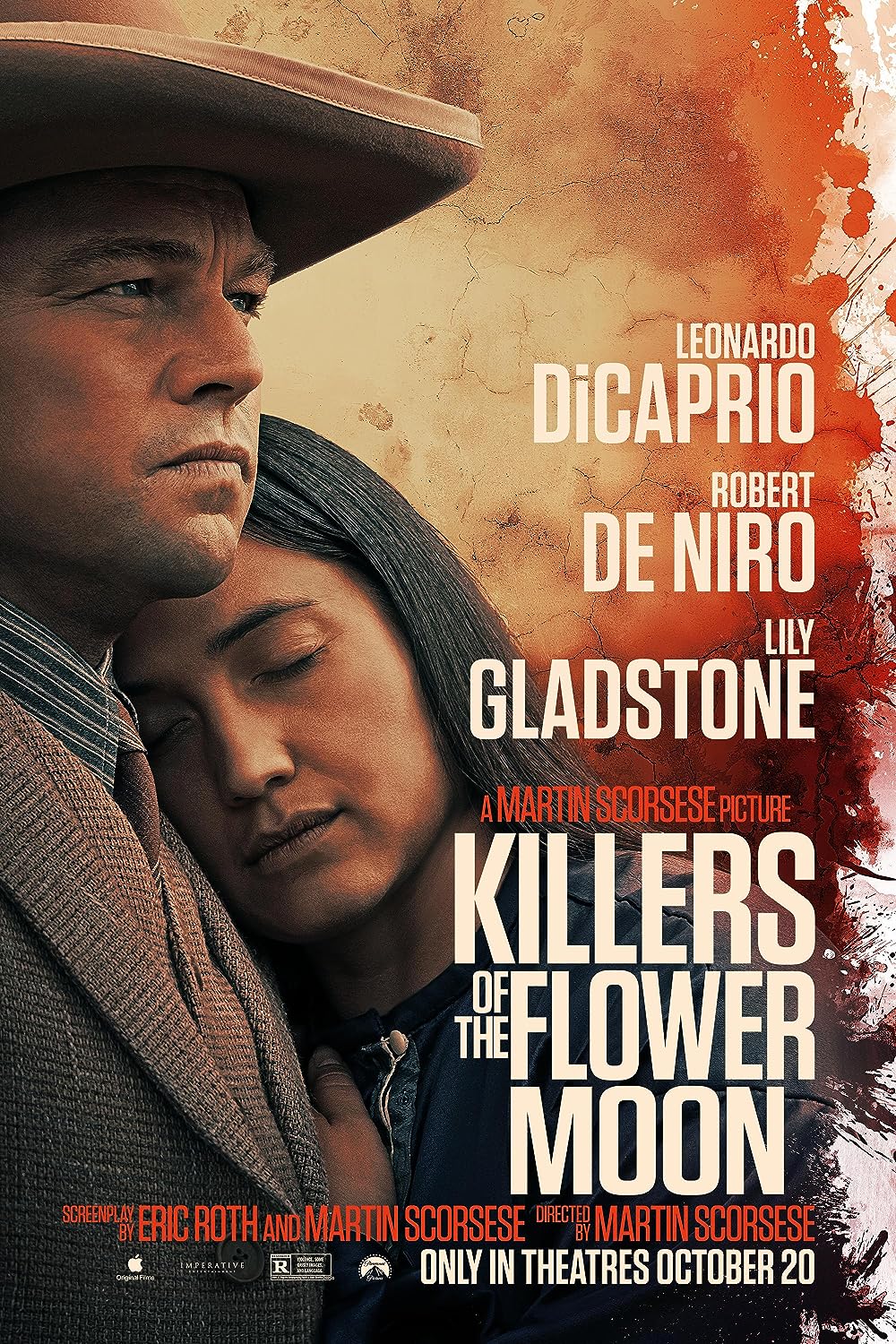
PODCAST DEEP DIVE |

Podcast Featured Review |

Podcast Featured Review |
Todd #4 Most Anticipated

Podcast Review - Todd |

Podcast Review - Adam |

Podcast Review - Zach |
Top 10 Blindspot
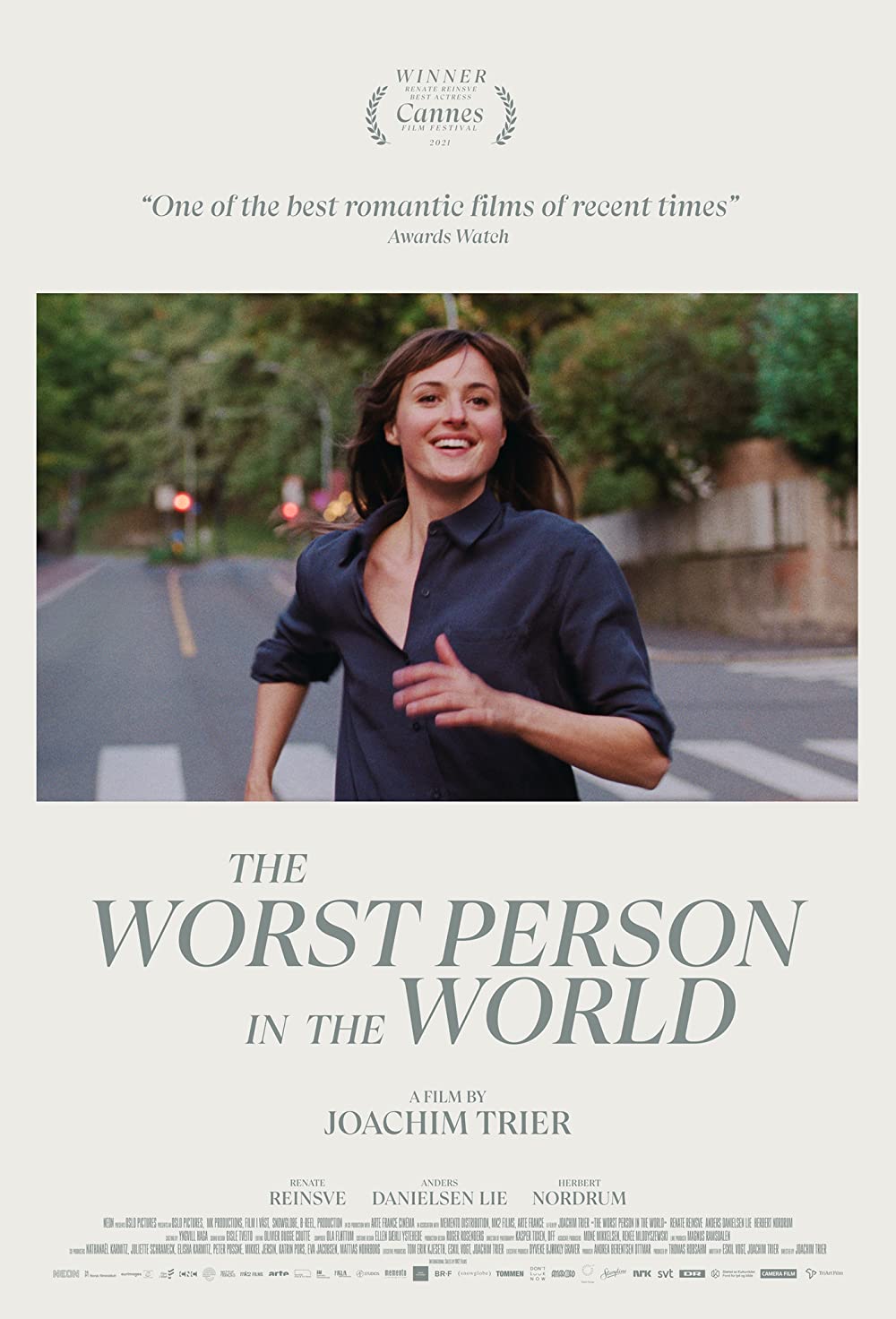
Podcast Review - Adam |
10th Anniversary

Podcast Oscar Review - Terry |
30th Anniversary

Podcast Oscar Review - Terry |
2025 PINOTS

Nominations & Debates |
2024 Pinot Best Picture
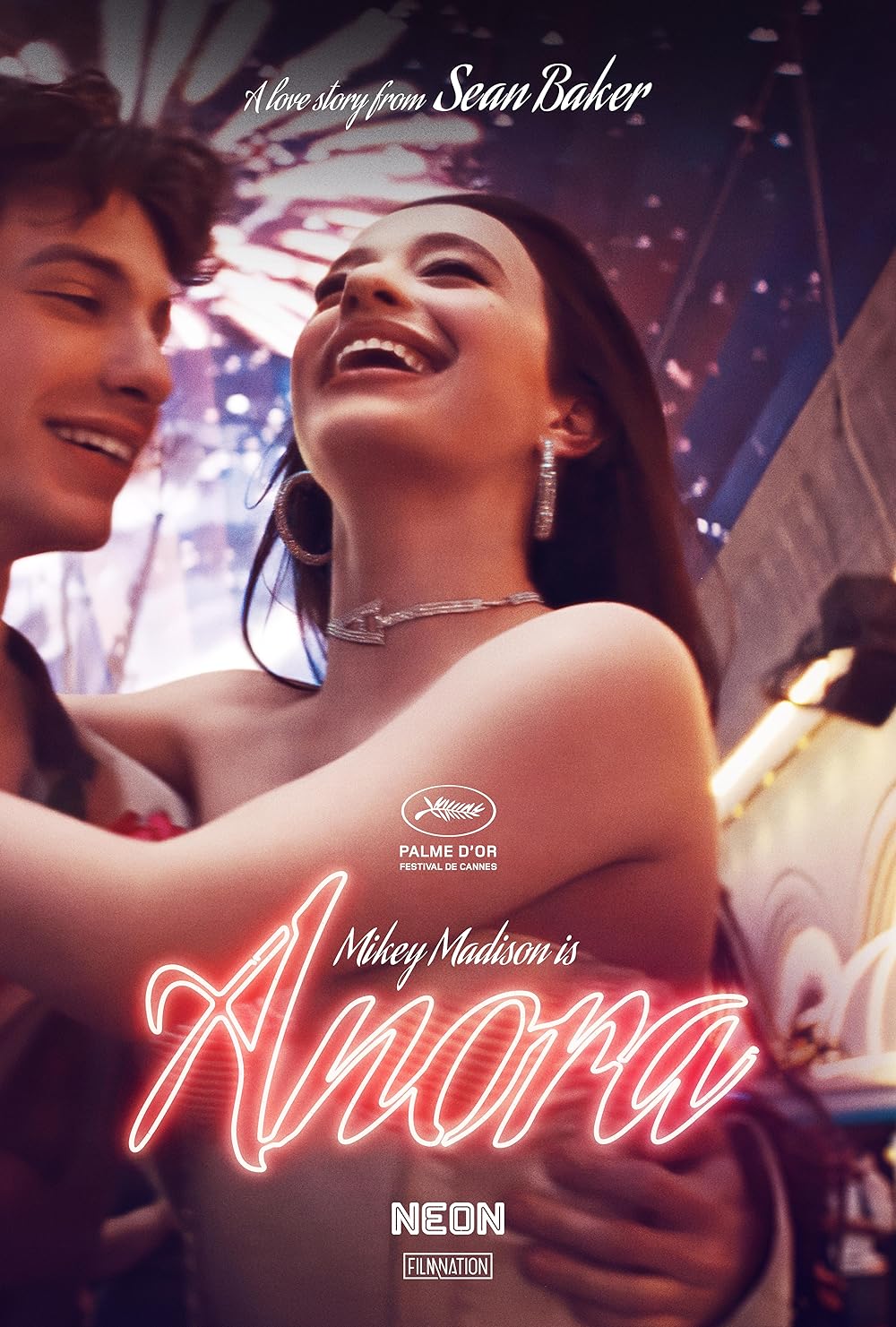
PODCAST DEEP DIVE |

Podcast Featured Review |

Podcast Review - Todd |
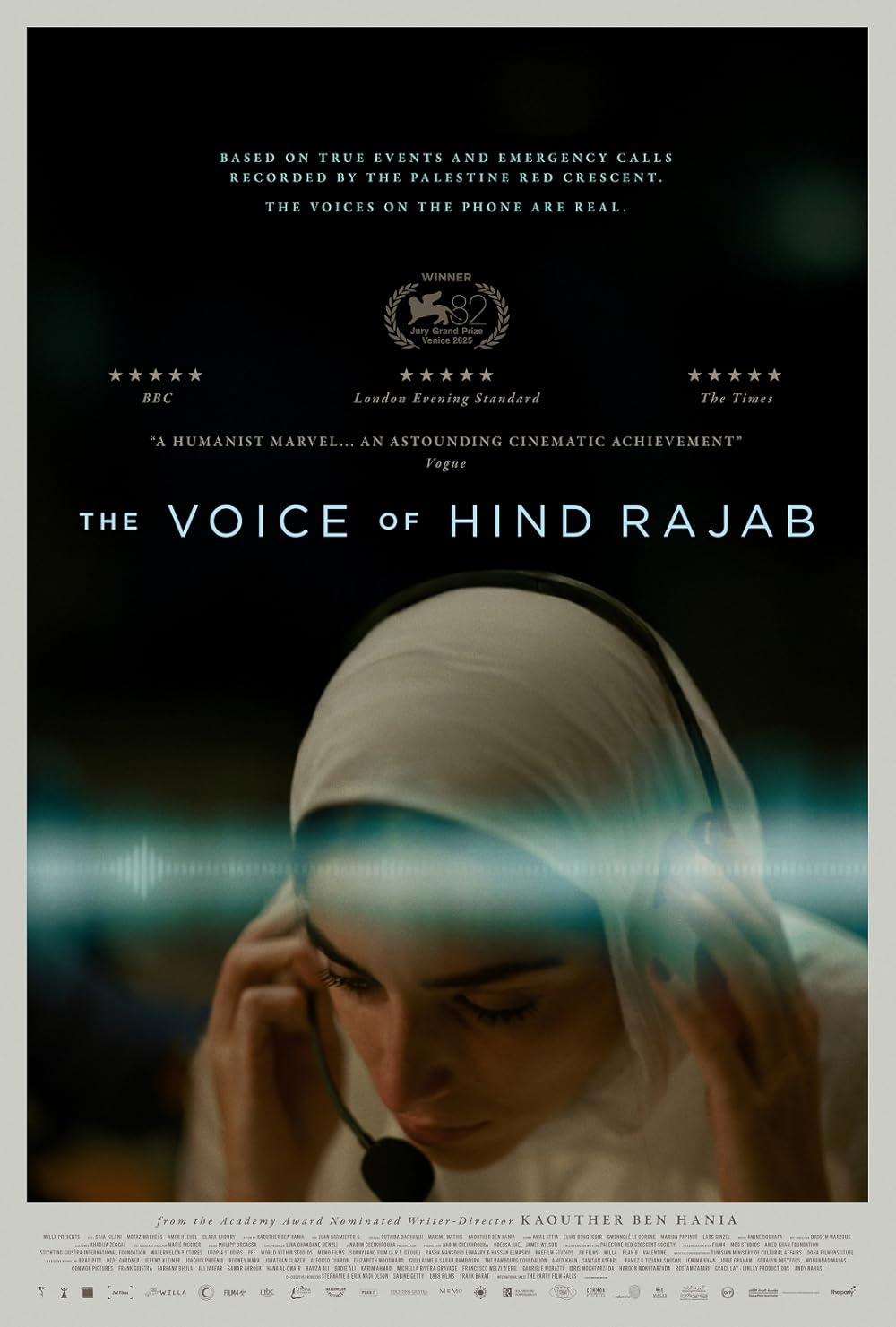
Podcast Review - Zach |
Top 10 Blindspot

Podcast Review - Adam |
10th Anniversary
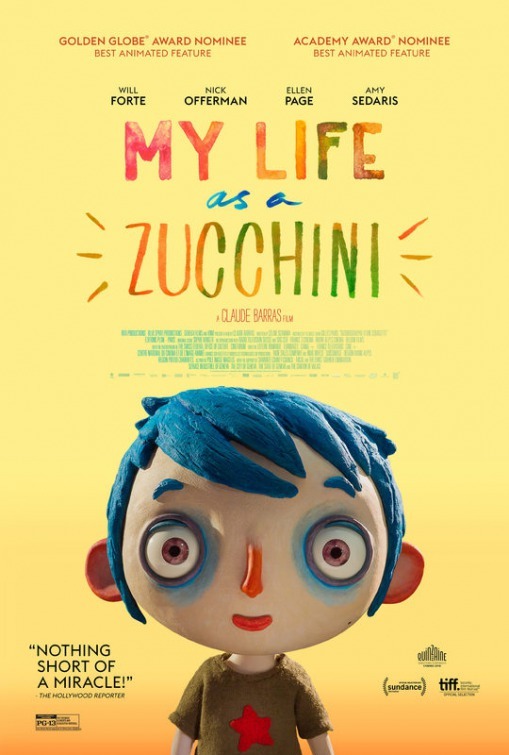
Podcast Oscar Review - Terry |
20th Anniversary
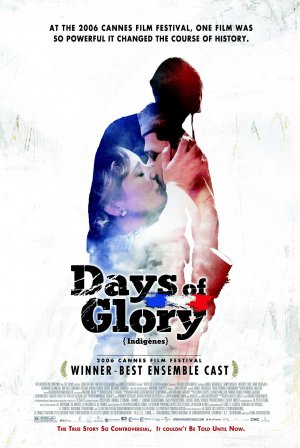
Podcast Oscar Review - Terry |
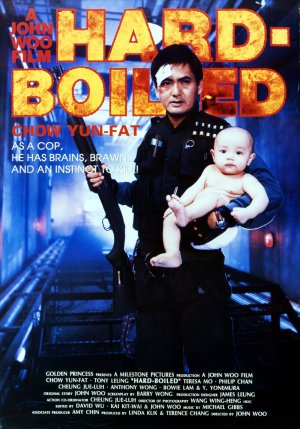
Podcast Review - Zach |
TOP 10 FILMS OF 2025
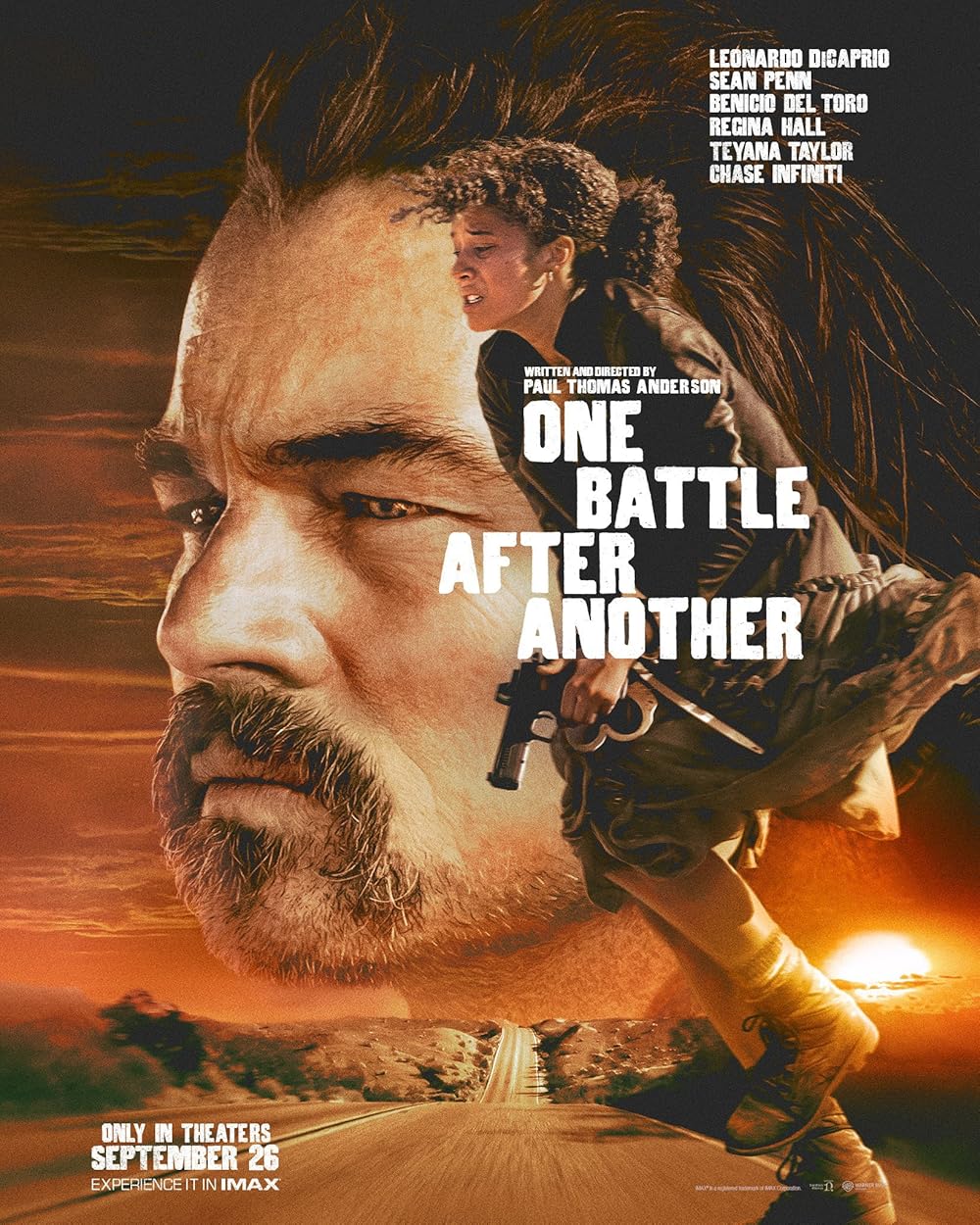
LIVE ON YOUTUBE!!! |
Reactions to the Nominations
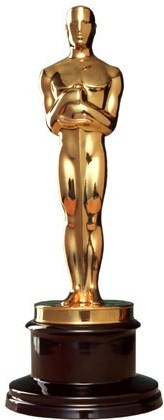
Written Article - Todd |
2026 Oscar Predictions: Final

Written Article - Todd |
Todd Most Anticipated #5

Podcast Featured Review |

Podcast Review - Todd |

Podcast Review - Terry |
|
|
|